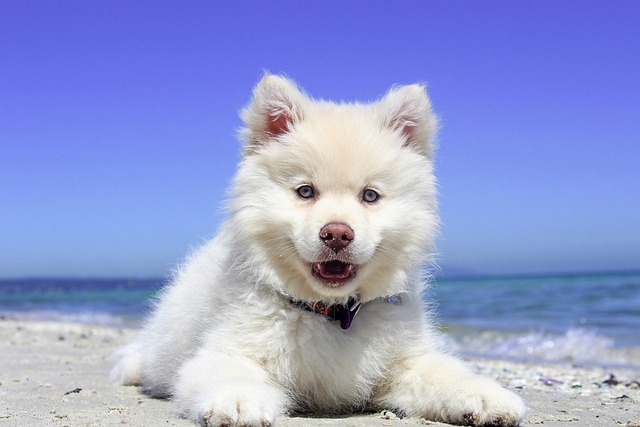
How do i train my dog to be obedient?
Watching your dog dart across the park ignoring your calls isn’t just frustrating—it can put them at risk near busy streets or public spaces.
Seeing your dog erupt into a frenzy of barking and lunging on leash can be incredibly stressful, and in the heat of the moment, it’s easy to react in ways that feel instinctual but actually make the problem worse. The first rule of managing a reactive dog is understanding what not to do, as common mistakes can deepen their fear and anxiety. Reactivity is not a sign of a "bad dog" or a dominance issue; it’s primarily a fear-based stress response. Your actions in these critical moments can either build trust or break it, setting the stage for your long-term training success.
Perhaps the most damaging reaction is to punish the behavior by yelling, jerking the leash, or using aversive tools like prong or shock collars. When you punish a reactive outburst, you are layering your anger and the pain of the correction on top of your dog’s existing fear. Their brain doesn't understand the punishment is for barking; it simply learns that the sight of another dog (the trigger) predicts both something scary and pain from you. This confirms their worst fears and dramatically increases the likelihood of more intense reactivity, or even aggression, in the future. This punitive approach is not only counterproductive but is also considered culturally and ethically unacceptable in modern positive reinforcement training communities across the U.S. and Europe.
Another common mistake is forcing them to "face their fears" by moving closer to the trigger, a practice known as flooding. You might see this advice online: "just let them greet, they'll work it out." For a reactive dog, this is akin to throwing someone with a fear of spiders into a room full of them. It’s terrifying and can cause lasting psychological damage, erasing weeks of careful training. Instead, your immediate goal is to create distance. When you see a trigger, calmly and quickly create space by changing direction, crossing the street, or using a parked car as a barrier. This isn’t letting them "win"; it’s responsibly managing their environment to keep them under their anxiety threshold.

Your response also extends to your community duties. Never take a reactive dog to a crowded dog park or a busy outdoor market to "socialize" them. This is setting them up for failure and potentially creating a dangerous situation. A reactive dog must be managed securely on a leash at all times in public, not only for their safety but to comply with local leash laws. This diligent management also makes it possible for you to fulfill your non-negotiable civic duty of immediately cleaning up after your pet, a common legal requirement in American municipalities. Furthermore, ensure your dog is always wearing a secure collar with up-to-date rabies vaccination tags—this is a legal mandate in all U.S. states and is a critical safety net for public health, especially in any scenario where heightened excitement might occur.
Ultimately, working with a reactive dog is a journey of patience and advocacy. By avoiding these common pitfalls, you stop reinforcing their fear and start building a new association of safety and trust. You become their calm leader, ensuring they can navigate the world as a more secure and manageable member of your community.

Watching your dog dart across the park ignoring your calls isn’t just frustrating—it can put them at risk near busy streets or public spaces.

New puppy owners often find themselves rushing to clean up accidents before they set in, and that’s where puppy pad training becomes a game-changer.

If you've noticed your dog's waistline disappearing and your veterinarian has mentioned those few extra pounds, your first instinct might be to simply reduce the amount of food in their bowl.

Training a dog to use a designated spot indoors isn’t as daunting as many new owners fear, but it does take consistency and an understanding of your pet’s needs.

That moment of dread on a walk is all too familiar for many new dog owners. You see another dog approaching down the sidewalk of your neighborhood

If the sight of another dog on your neighborhood walk makes your heart sink as your own dog erupts into a frenzy of barking and lunging, you're not alone.